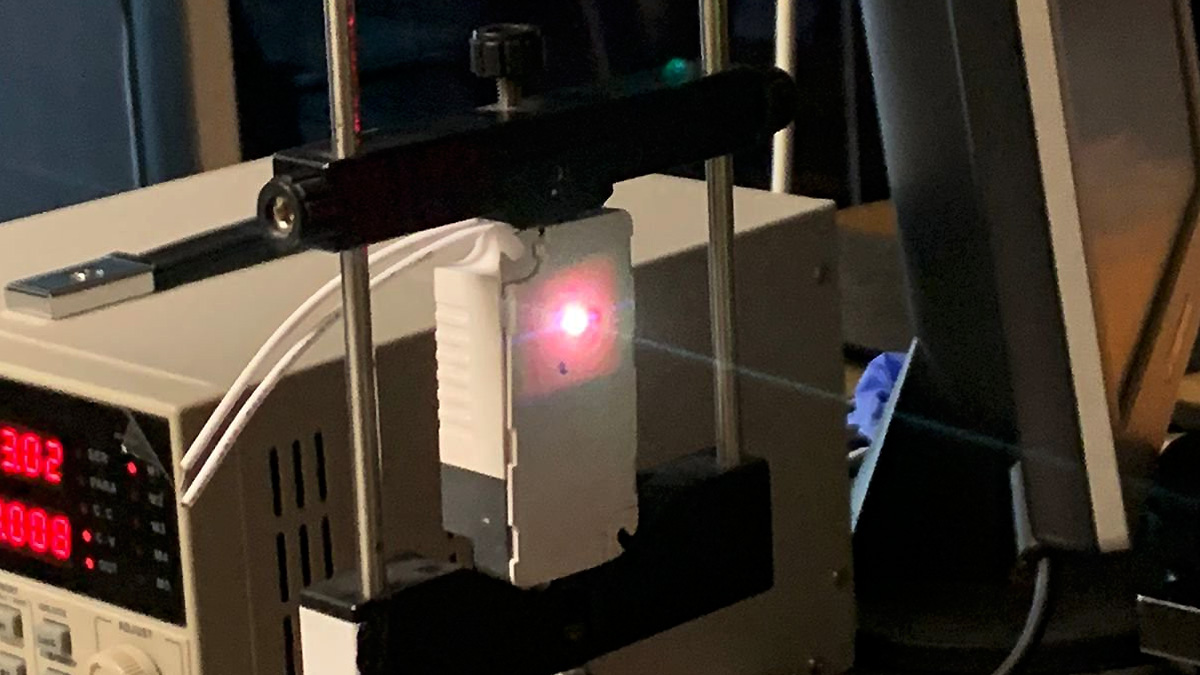
Officials from the transportation department have announced they will be replacing their -based train control system, jumping on the bandwagon to do away with the legacy storage platform. The Municipal Transportation Agency board, which is responsible for overseeing , signed a new $212 million contract with Hitachi Rail to overhaul its use of floppy disks in its aging control system. The system was first installed in the city’s Market Street in 1998, using software running the Automatic Train Control System (ATCS) that was stored on 5 1⁄4 in floppy disks.
The floppy disks need to be loaded each morning and also relied on an antiquated, and notoriously error-prone wire loop communication technology, officials told the They added that they expected the train control system to last for 20 to 25 years, noting it moved data at a glacial speed that was even slower than a . The contract is part of a wider $700 million project to transform the Muni Metro’s control system; the purchase will still need to be approved by the Board of Supervisors. If approved, the new communications-based system, which uses and signals to keep track of the precise locations of trains is expected to be in place by late 2027 or early 2028.
As part of the deal, Hitachi will provide 20 years of support. Is this finally the end for floppy disks? The demise of floppy disks, the once ubiquitous technology, has been a protracted one, with some industries and regions finding it harder than others to kick the technology. Japan, for example, only after the country’s digital minister Taro Kono announced the nation’s decision to finally deprecate the storage medium in 2021.
Kono said the transition was finally complete after the country completed the process of removing over 1,000 regulations that required the in a number of instances. Although , Japanese citizens were still frequently required to submit documents for use on government systems on floppy disks. This proved a significant issue due to the limited capacity and dismal transfer speeds, meaning trying to use the platform to store anything other than the most basic files was a challenge.
But Japan still has some way to go in getting its efforts back on track, with Kono now turning his attention to the nation’s reliance on fax machines..














